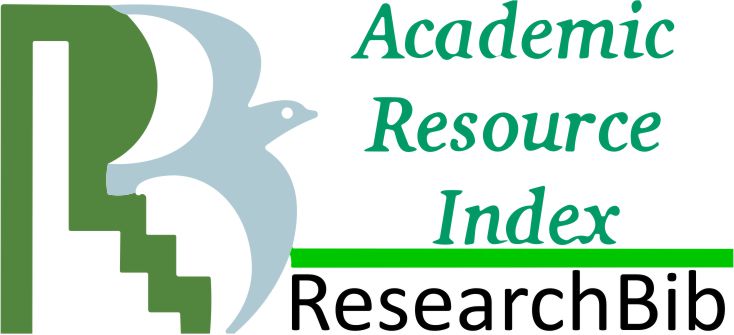DOI
10.21002/jaki.2010.04
Abstract
For tax payers, especially subsidiary company, government incentices to attract new investment have already been captured with reflected in tax efficiency throughout the use of loopholes in corporate income tax law. Tax planning is one of the legal example of using loopholes. On the contraty for fiscal authorities, doing tax avoidance as a mean of tax planning could potentially harmful for the government and, therefore, the government follows by using remedies of fiscal correction. This study aims to understand and to evaluate anti-tax avoindance law and regulations in Indonesia and identify whether or not there are several tax loopholes may provided resulting in negative benefits for the fiscal aouthority. From the field research finding by using indepth interview and participatory observation, it is evident that the most common practice of tax avoidance are the use of transfer pricing and thin capitalization schemes. Those two schemes were usually exploited to give optimum benefits of loopholes in tax laws. Thus, we acknowledge that anti-tax avoidance regulations administered by the government in the context of good regulation process is still imperfect, to the fact that those regulations and law were still left behind some loopholes that potentially used to perform tax avoidance by the tax payer, therefore government would not get optimal revenue tax payers. Moreover, Indonesian anti-tax avoidance policy also lagged behind newest practical issues which are more complex and difficult to detect.
Recommended Citation
Rahayu, Ning
(2010)
"EVALUASI REGULASI ATAS PRAKTIK PENGHINDARAN PAJAK PENANAMAN MODAL ASING,"
Jurnal Akuntansi dan Keuangan Indonesia: Vol. 7:
No.
1, Article 4.
DOI: 10.21002/jaki.2010.04
Available at:
https://scholarhub.ui.ac.id/jaki/vol7/iss1/4












